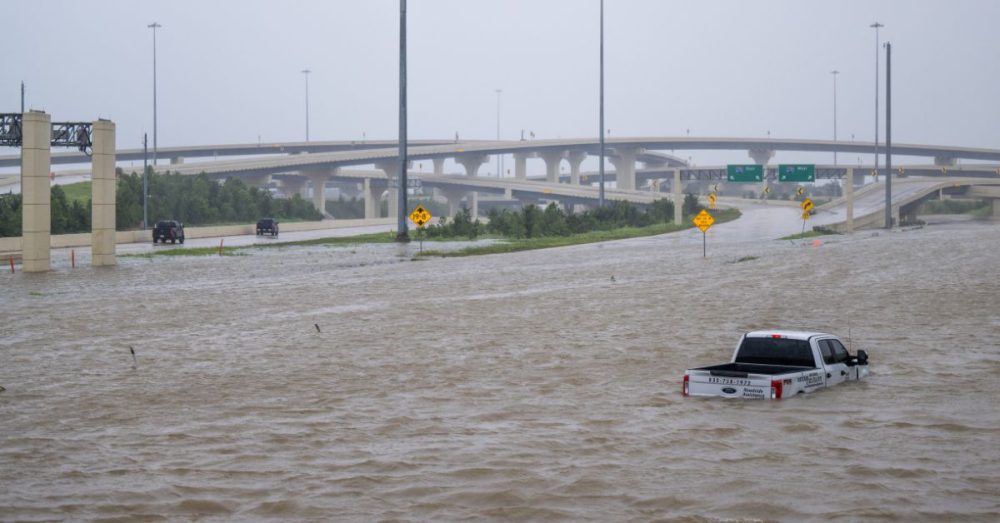As Houston recovers from the aftermath of Hurricane Beryl, which made landfall on the Texas Gulf Coast early Monday morning, the city faces a new threat: severe heat.
The Category 1 hurricane, which claimed seven lives, battered Southeast Texas with strong winds and heavy rains, leaving a trail of destruction and 1.8 million residents without power, according to Harris County officials. Now, the difficulties associated with post-hurricane recovery for the city of Houston have been exacerbated by a heat wave.
The National Weather Service has issued a heat advisory for the area, citing the extreme heat as a risk for many Texans. Despite daytime highs forecasted in the low 90s throughout the week, humidity levels will make it feel considerably hotter for residents. The heat index will likely exceed 100 degrees for the next several days.
CenterPoint Energy, a large electricity utility in the area, reported that 1.8 million customers were still without power as of Tuesday morning. While the company managed to restore 533 outages overnight, many more outages are still active, leaving much of the area in the sweltering heat without relief, according to the Houston Chronicle.
Lt. Gov. Dan Patrick, temporarily assuming gubernatorial duties while Gov. Greg Abbott is in Southeast Asia on an official business trip, issued a disaster declaration for 121 Texas counties, per the Houston Chronicle. Patrick has been actively working with the Texas Department of Emergency Services and local officials to help Texans prepare for and respond to the hurricane disaster.
Throughout the past weekend, Patrick emphasized the seriousness of the storm, urging residents in affected areas to take necessary precautions. He specifically advised those in East Texas to shelter in place and prepare for adverse weather conditions as Beryl tracked through the area late Monday, The Dallas Morning News reported.
As previously reported by The Dallas Express, Texas is still recovering from a series of severe storms that landed in May that felled trees and utility poles — knocking out power for over a million residents — and damaged homes and buildings. One such storm in the Dallas-Fort Worth area left more than 600,000 residents without power.


